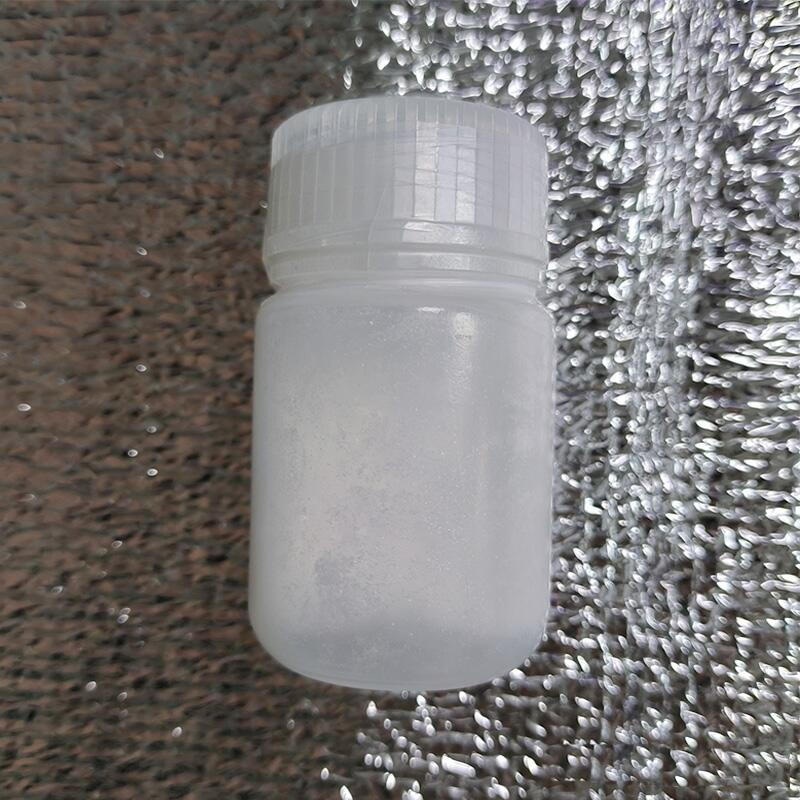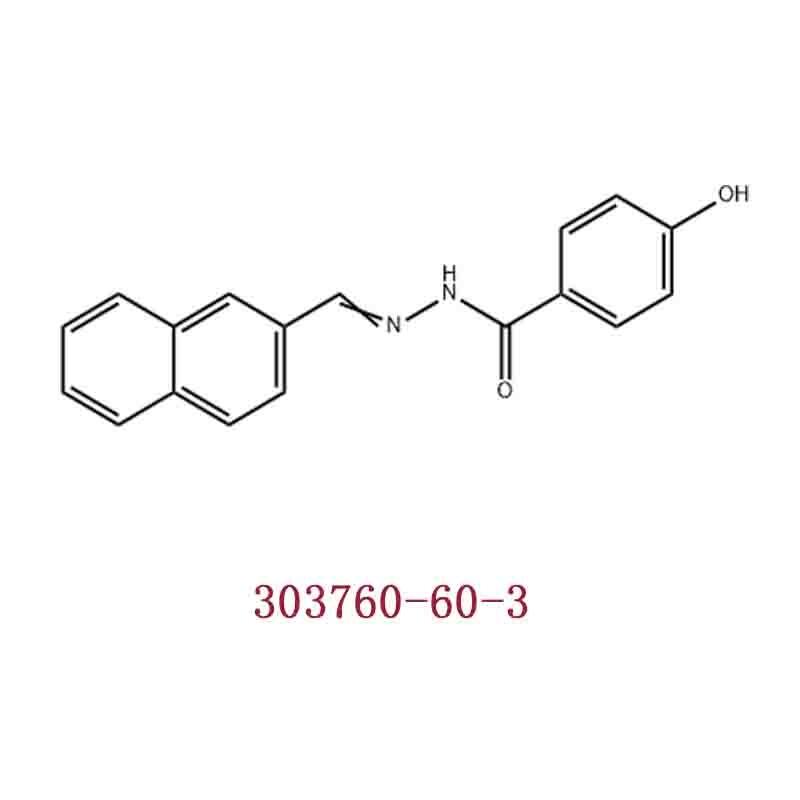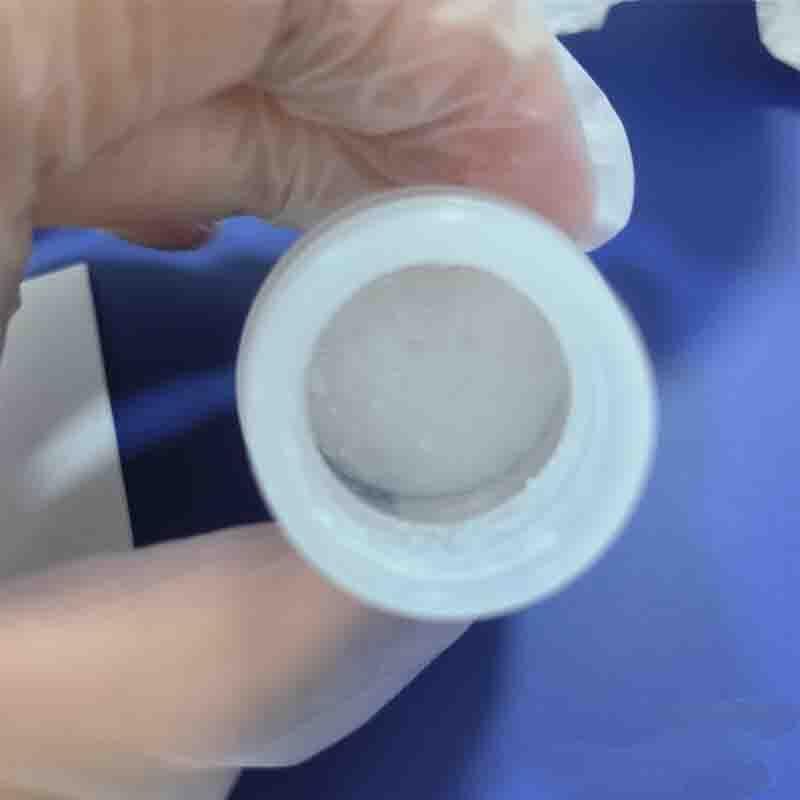-
Categories
-
Pharmaceutical Intermediates
-
Active Pharmaceutical Ingredients
-
Food Additives
- Industrial Coatings
- Agrochemicals
- Dyes and Pigments
- Surfactant
- Flavors and Fragrances
- Chemical Reagents
- Catalyst and Auxiliary
- Natural Products
- Inorganic Chemistry
-
Organic Chemistry
-
Biochemical Engineering
- Analytical Chemistry
-
Cosmetic Ingredient
- Water Treatment Chemical
-
Pharmaceutical Intermediates
Promotion
ECHEMI Mall
Wholesale
Weekly Price
Exhibition
News
-
Trade Service
The 2022 European Society for Internal Oncology (ESMO) Annual Meeting was held
in Paris from September 9 to 13 local time.
As Europe's most prestigious and influential oncology conference, ESMO Annual Conference covers basic research, translational research and the latest clinical research advances, and will provide a broad and excellent academic platform
for clinical practice, multidisciplinary discussion, etc.
For patients with early-stage hepatocellular carcinoma (HCC), the option of adjuvant therapy after surgical resection is currently inconclusive
.
At this conference, Professor Zhao Hong of the Cancer Hospital of the Chinese Academy of Medical Sciences explored the application of the combined strategy of target exemption in the adjuvant treatment of HCC patients, and the editing of the medical pulse was arranged as follows
.
Research background
For patients with HCC, there is currently no globally accepted standard of adjuvant therapy after radical resection
.
Previous studies have shown that carrelizumab plus apatinib is more effective and safe
in patients with advanced HCC.
Based on this, the investigators conducted a phase II study to explore the efficacy and safety
of carrelizumab plus apatinib versus hepatic artery perfusion (HAI) as an adjunct therapy for patients with HCC who are at high risk of recurrence after radical resection.
Research Methods
This study is an ongoing multicenter, randomized, controlled, phase II clinical trial
.
Patients with Child-Pugh A had a high risk of recurrence HCC, of which the high risk of recurrence was defined as portal vein carcinoma (PVTT) involvement level 2 or above, microvascular invasion (MVI), microsatellite damage, and a maximum tumor diameter of >5 cm
.
All patients were randomly assigned (1:1) to receive 12 cycles of carirelizumab (200 mg, q2w) plus apatinib (250 mg, qd) or two standard HAI treatments (epirubicin 80-100 mg or epirubicin 50 mg + oxaliplatin 50 mg).
The primary endpoint of the study was recurrence-free duration (RFS
).
Results of the study
As of March 4, 2022, the study enrolled 82 patients with HCC (41 each in the carrelizumab + apatinib group and the HAI group
).
The study's full analysis (FAS) population included a total of 73 patients, and the Intent to Treat (ITT) population (also known as the modified FAS population) included 82 patients
.
The HR of disease recurrence or death in the FAS population of carrelizumab + apatinib was 0.
72 (95% CI 0.
30 to 1.
71) and the HR of the ITT population was 0.
62 (95% CI 0.
27 to 1.
42)
compared with the HAI group.
The median RFS in the FAS population in the carrelizumab + apatinib group and the HAI group was 22.
7 months and 16.
4 months, respectively, and the median RFS in the ITT population was 22.
7 months and 14.
9 months, respectively, as shown in
Figure 1.
Figure 1 RFS analysis of FAS population (left) and IT population (right).
As shown in Figure 2, the median RFS in both the FAS and ITT populations in the carrelizumab + apatinib group and the FAS and ITT populations were both 22.
9 months for patients with MVI, and 14.
9 months
for both the FAS and ITT populations in the HAI group.
Figure 2 RFS analysis of FAS population (left) and ITT population (right) with MVI
As shown in Table 1 for safety analysis, the most common grade 3 or 4 adverse events in the carrelizumab + apatinib group included increased alanine and aspartate aminotransferase (13.
16%), thrombocytopenia (10.
53%), decreased neutrophil count (7.
89%), increased γ-glutamyl transferase (5.
26%), and leukopenia (5.
26%)
.
Table 1 Security analysis
Conclusion of the study
Preliminary analysis of this study showed that carrelizumab + apatinib had better efficacy and safety control in patients with HCC who were at high risk of recurrence after radical resection, providing a better treatment option
for adjuvant therapy in patients with HCC than HAI.
References
1.
H.
Zhao, et al.
Anti-PD-1 Antibody SHR-1210 Combined with Apatinib as Adjuvant Treatment in Patients with Hepatocellular Carcinoma at High Risk of Recurrence after RadicalResection: Preliminary Results from a Multicenter, Randomized, Controlled Phase 2 Trial.
724P 2022 ESMO Congress.
Editor: Traveler
Reviewer: Jiang Zhou
Typesetting: Youshi
Executive: Tourist
END






